Our earliest years influence the way we connect with others. The childhood impact on relationships is often subtle but powerful. These early experiences shape how we trust, communicate, and show affection. While the patterns may not always be obvious, they guide much of our adult behavior. By reflecting on the past, we can better understand the habits and emotions that influence our choices today, and start building stronger bonds.
Early Attachment to Caregivers

The bond with caregivers lays the groundwork for future closeness and connection. A child who feels secure often grows into an adult who trusts easily and values intimacy. In contrast, inconsistent care can make trust difficult and create patterns of anxiety. People may become guarded or overly fearful of abandonment. These lessons in safety and comfort often explain how childhood shapes love and intimacy later in life, leaving lasting marks on emotional security.
Exposure to Conflict at Home

The way conflict appeared at home often shapes adult communication and behavior. Calmly resolved arguments can encourage openness, compromise, and trust later in life. However, constant shouting, aggressive exchanges, or tense silence may teach fear of confrontation. Adults raised in such settings may avoid hard conversations, withdraw, or respond with anger. This connection between childhood experiences and adult relationships shows how early conflict patterns carry forward, influencing trust and emotional safety with partners.
Receiving or Lacking Affection
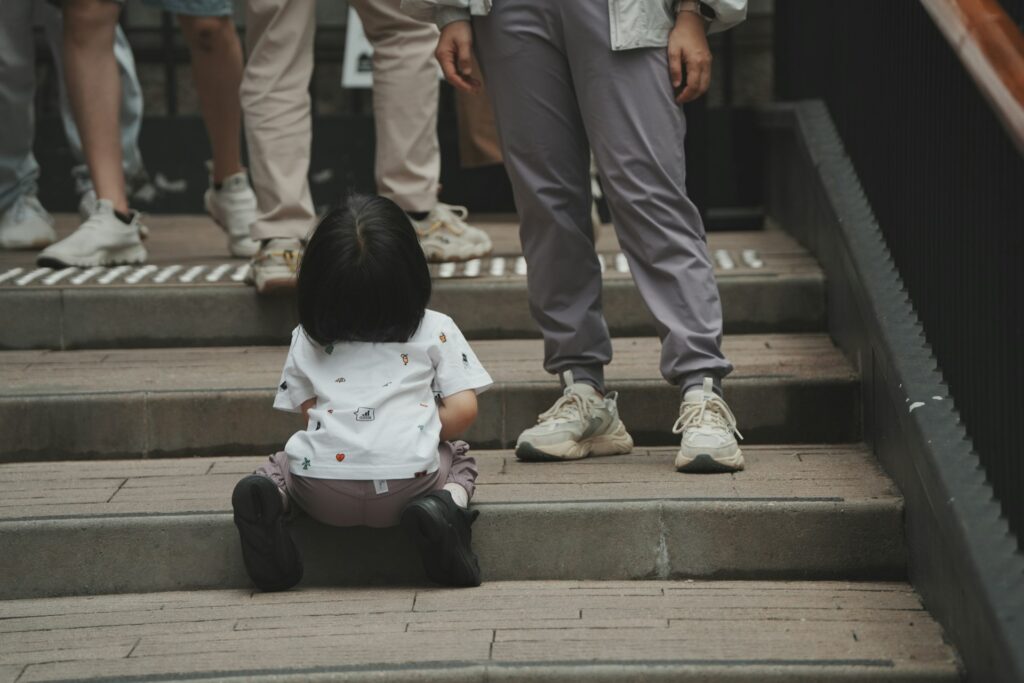
Childhood affection strongly influences how people express and accept love. A home filled with hugs, praise, and attention makes warmth and intimacy feel natural. On the other hand, little affection can leave lasting distance and confusion. Adults may struggle to accept closeness, doubt their worthiness of love, or hide emotions. This highlights how early nurturing, or the absence of it, affects emotional bonds in adulthood and plays a key role in lasting intimacy.
The Role of Sibling Dynamics
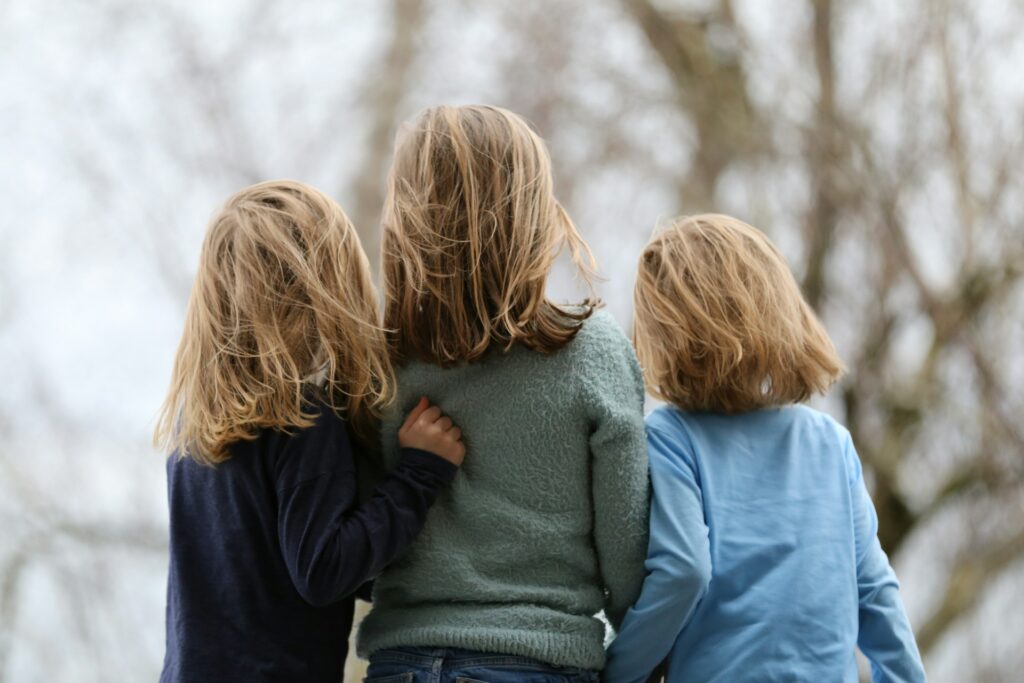
Sibling relationships teach sharing, compromise, rivalry, and cooperation. Older siblings may develop protective or controlling habits that carry into adult life. Younger ones often learn adaptability, dependency, or resilience from constant comparison. Only children may grow self-reliant but sometimes less skilled in negotiation and compromise. These early dynamics often resurface, showing the link between childhood relationships and adult connections, shaping how people approach cooperation, competition, and closeness with partners and friends.
Childhood Responsibility Levels
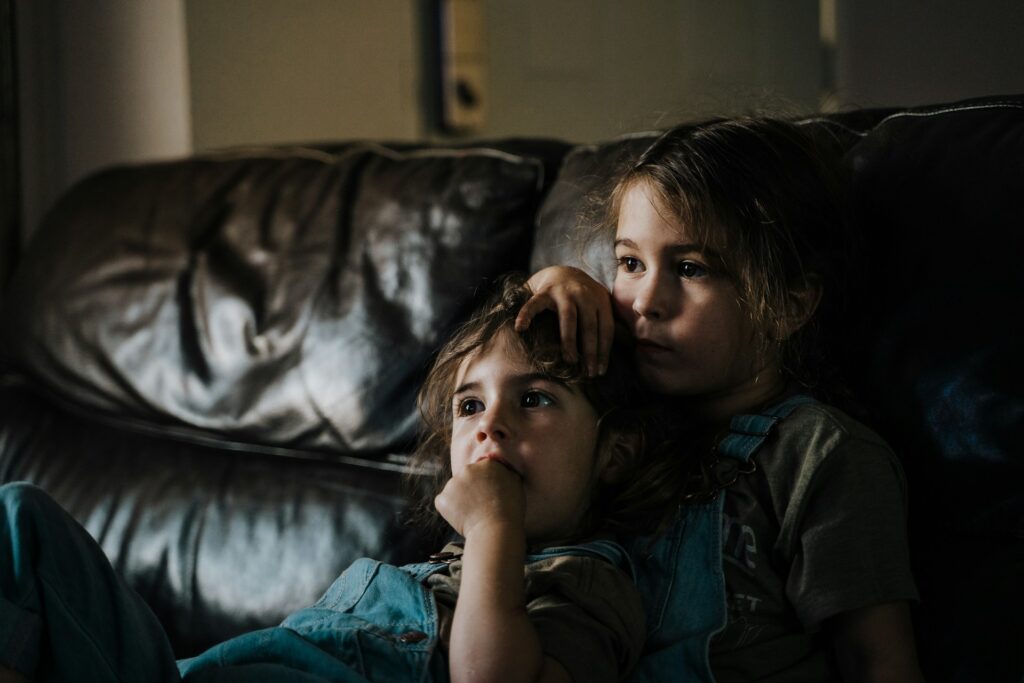
Responsibility in youth leaves a lasting imprint on independence and balance. Children tasked with caring for siblings or managing chores often develop strong maturity and resilience. Yet they may over-function in relationships, struggling to relax, let go, or rely on others. Conversely, those shielded from responsibility may lean too heavily on partners, expecting constant support. This reveals another way your childhood impacts your relationships, shaping fairness, equality, and the ability to share responsibilities.
Experiences of Praise and Criticism
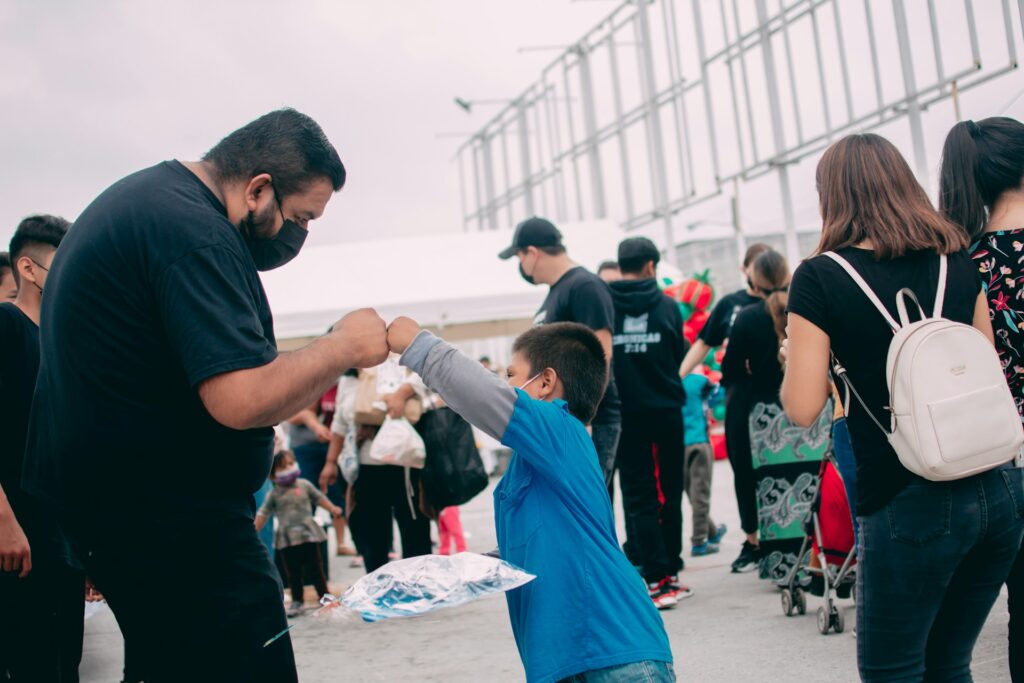
The way adults spoke to us as children shapes self-image and confidence. Consistent praise builds strength, self-worth, and supports stable relationships filled with trust. Harsh criticism or constant comparison, however, often creates insecurity and defensiveness. As adults, people may seek reassurance, grow sensitive to rejection, or doubt their value. These connections show how early words have a lasting impact on relationships, shaping how people accept love, express emotions, and respond to conflict.
Exposure to Stability or Instability
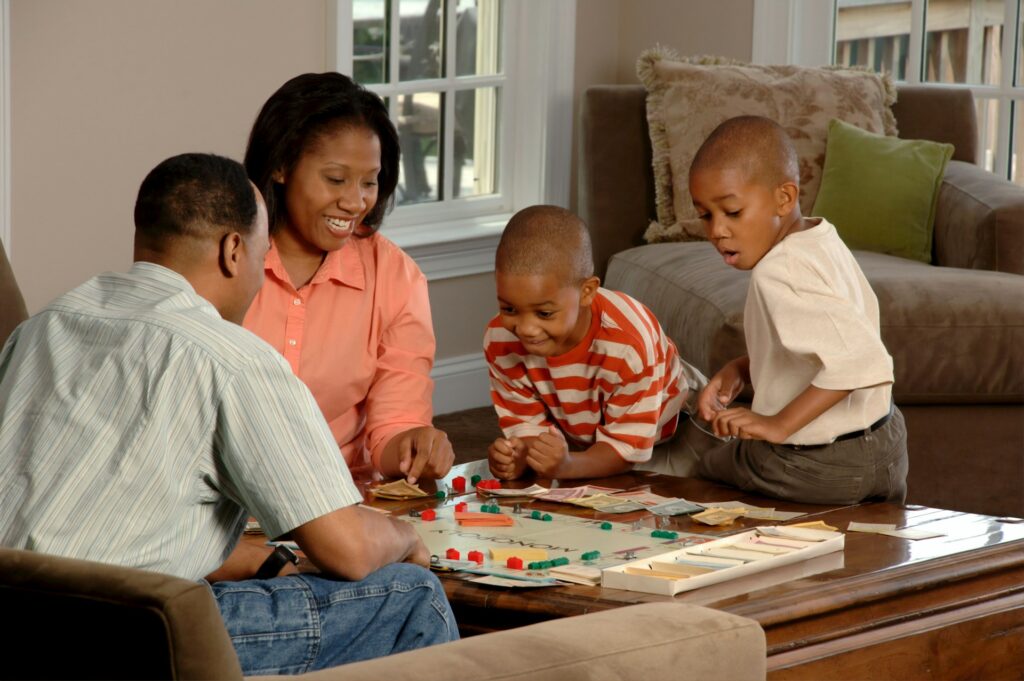
Stability in childhood builds trust and a sense of safety in the world. Predictable routines, steady care, and reliable support encourage calm, trusting relationships later in life. Instability, such as frequent moves, financial struggles, or sudden changes, can create deep anxiety. Adults from such environments may expect losses or disruptions, making relaxation and trust harder. This demonstrates how childhood experiences shape relationships in subtle but lasting ways, influencing comfort, closeness, and emotional security.
Final Thoughts

Childhood does not fully define us, yet its influence is undeniable. Attachment, conflict styles, affection, sibling roles, responsibility, spoken words, and stability all leave their mark. Recognizing the impact of our childhood on relationships allows us to grow with awareness and intention. By understanding these roots, we can build healthier, more balanced connections in the present and future, giving ourselves the chance to rewrite patterns that no longer serve us.
Disclaimer: This article was created with AI assistance and edited by a human for accuracy and clarity.

